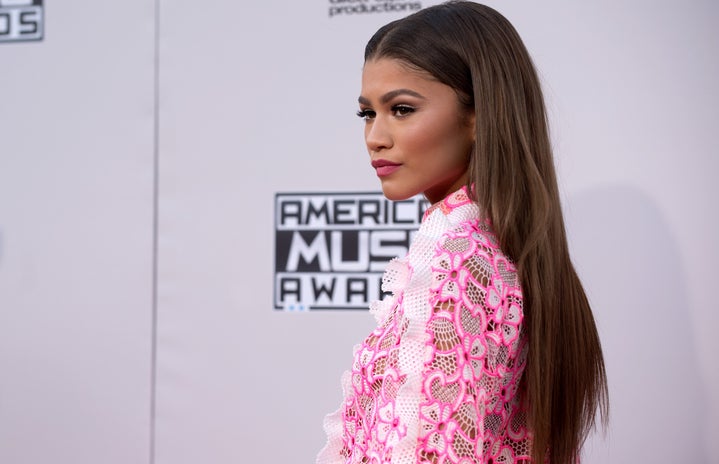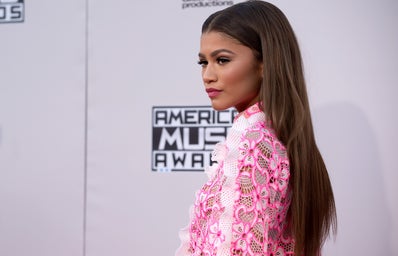We’ve all heard the phrases “Everyone is beautiful,” “Love yourself,” “Every body is a bikini body,” and more. But, do these ideas bring any lasting sense of satisfaction? Does looking at a model who isn’t a size zero really change our perspective? When did we transition from “looks don’t matter” to “looks determine your value, but don’t worry because we’re all beautiful?”

There’s a harsh reality that the body positivity movement seeks to ignore: some people fit societal beauty standards more closely than others. This doesn’t mean that those beauty standards are correct, but rather that they are universally agreed upon to be aesthetically pleasing. Why does this fact shoot daggers into our hearts and nausea into our stomachs?

Because we equate perceived beauty with worth. Let me explain. Physical appearances of humans differ extremely widely, and yet there are some people who are considered more attractive than others. This is simply a scientific fact and something that even babies recognize (their gazes linger more on stereotypically attractive and symmetrical faces). If this issue was simply one of “We look different, and some people are nicer to look at than others,” we could move on from this fact. However, as orderly beings, we need a sense of hierarchy or superiority to arise from physical appearance. This practice, in turn, makes a statement about the value of individuals.
Why would we need to establish that “everyone is beautiful” if beauty did not equate with worth? This statement simply does not live in the reality of brains that prefer looking at symmetry and certain bodies more than asymmetry and other proportions. Once we are able to detach our bodies from our value, our beauty from our worth and our pride from reality, we will begin to see the truth.

In a culture that idolizes physical beauty, it’s important to remember that your identity is not defined by your appearance. You are not your body. You are a soul. And whether you believe in anything beyond the physical, you are at least made up of a mind and emotions. When we start to realize that even if we do not fit societal photoshopped standards we still hold the same value as those who do, we start to gain freedom. Freedom from obsessing over the way we look and how others perceive us. Freedom from the lie that an hourglass figure, a nose job and lip fillers will provide fulfillment. Freedom from the grips of perfectionism.
In her viral Ted Talk, model Cameron Russel says of her fellow models, “They’re the most physically insecure women probably on the planet.” If the women who establish beauty standards are dissatisfied with their appearances, how would looking like one solve our problems and bring satisfaction? Our hearts are insatiable for the affirmation of our significance and value, which cannot be found in the mirror. Live in the reality that regardless of the way your appearance fits societal standards, inherent worth never changes.



